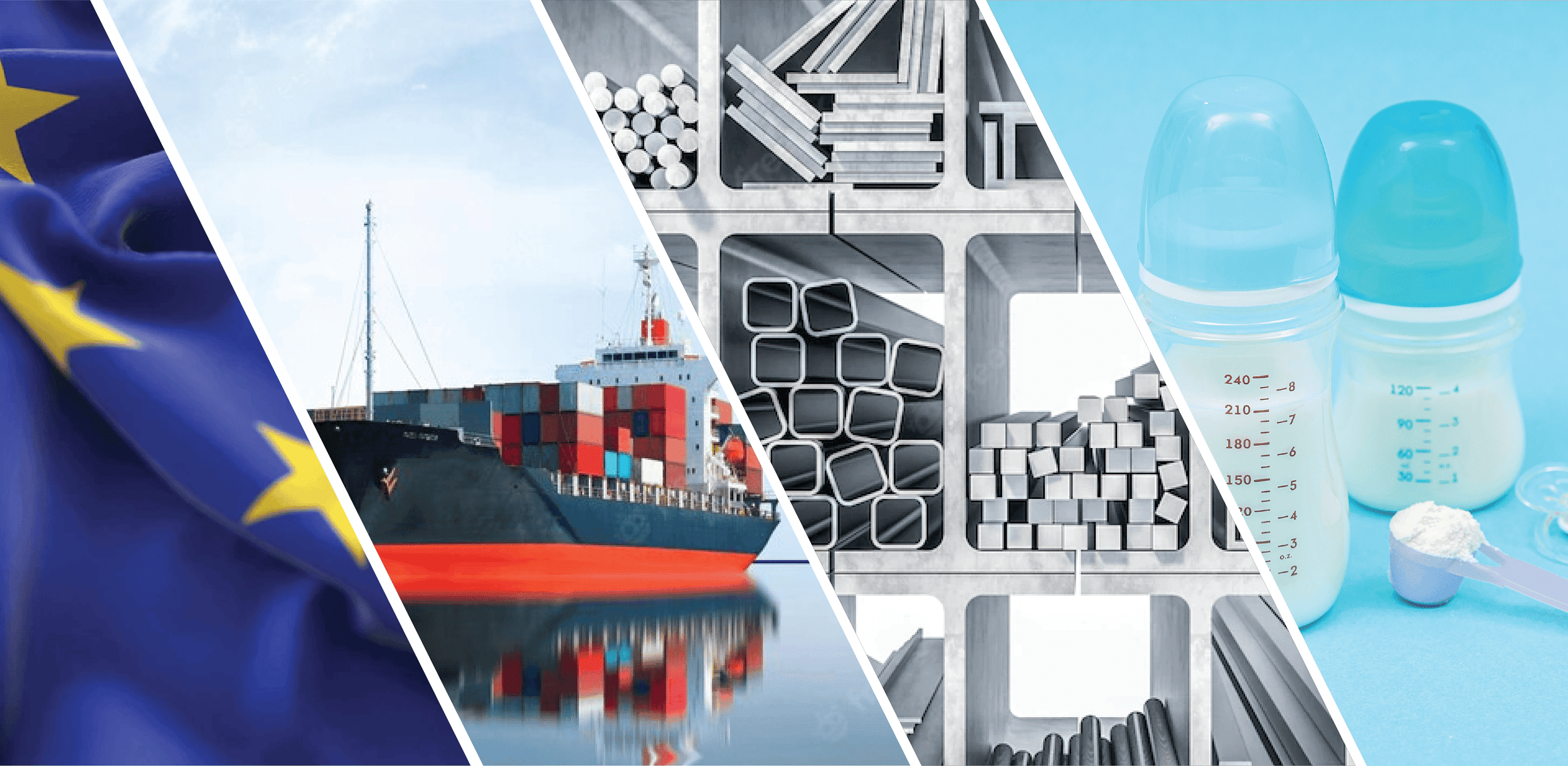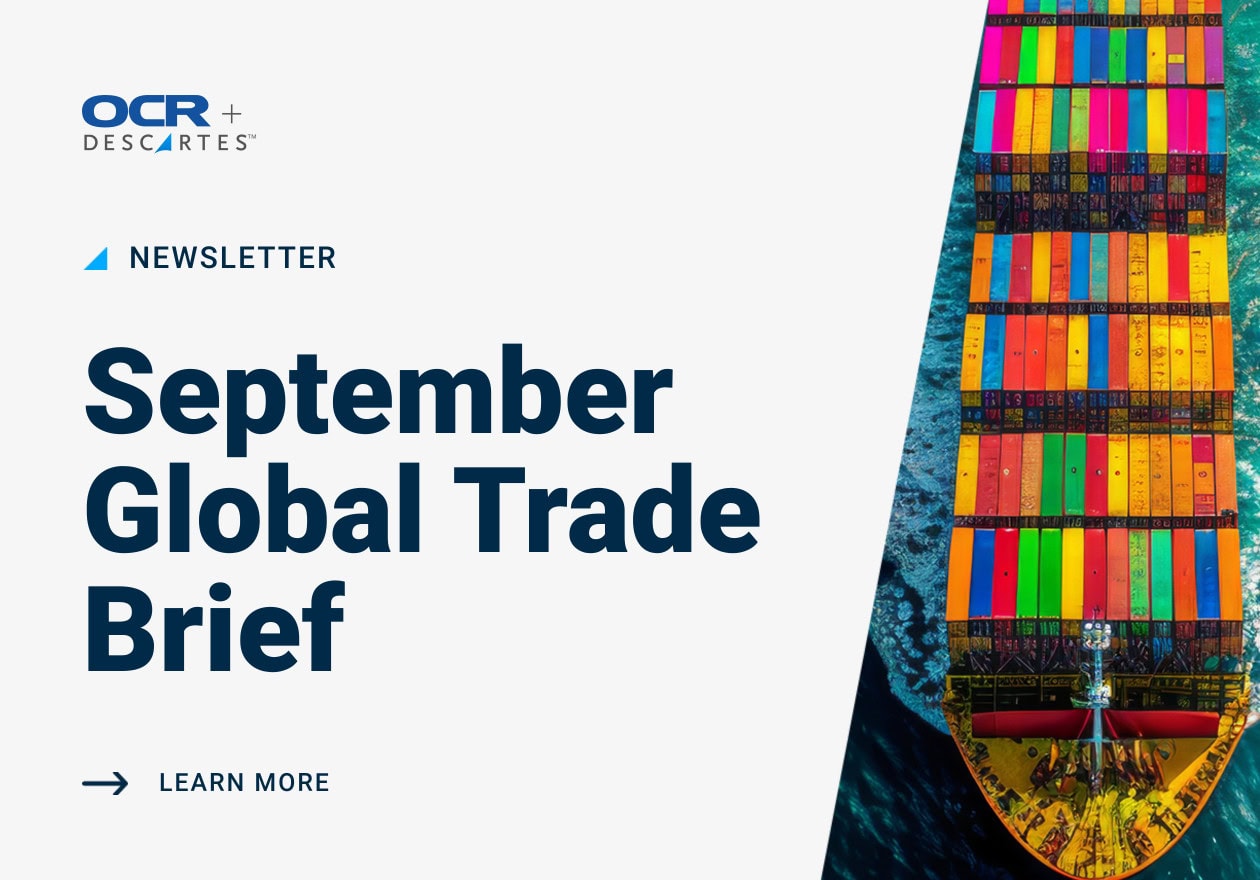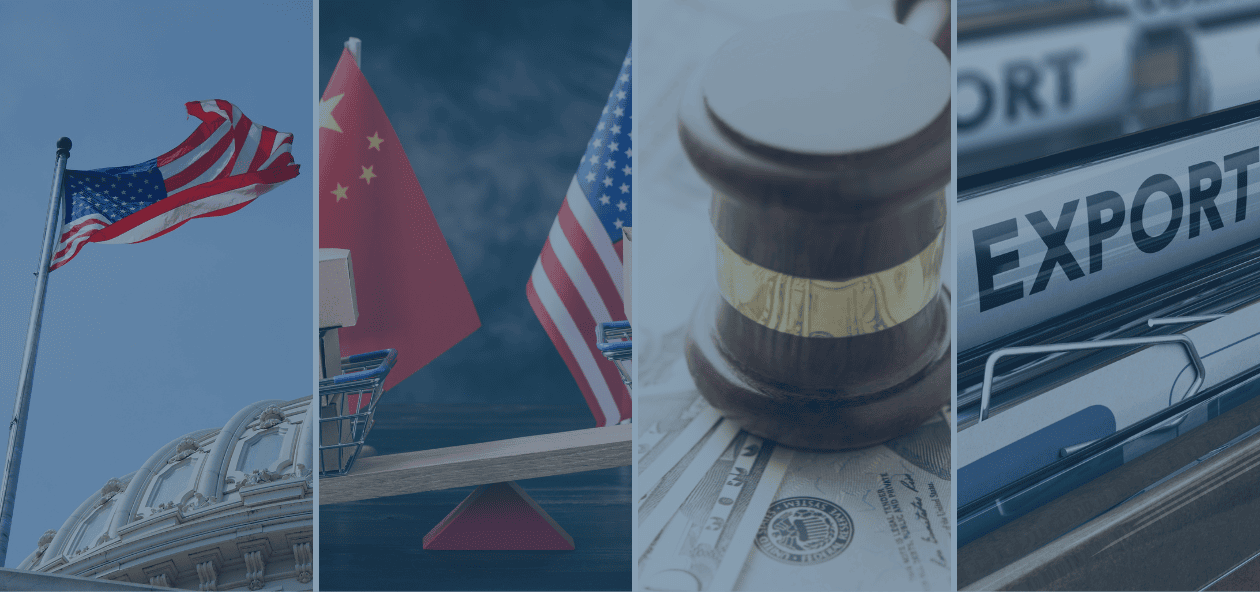Commission publishes the 2023 version of the Combined Nomenclature
The European Commission has published the latest version of the Combined Nomenclature (CN) applicable as of 1 January 2023.
The Combined Nomenclature forms the basis for the declaration of goods (a) at importation or exportation or (b) when subject to intra-Union trade statistics. This determines which rate of customs duty applies and how the goods are treated for statistical purposes. The CN is thus a vital working tool for business and the Member States’ customs administrations.
The Combined Nomenclature was established by Council Regulation (EEC) No 2658/87 on the tariff and statistical nomenclature and on the Common Customs Tariff. It is updated every year and is published as a Commission Implementing Regulation in the Official Journal of the European Union, L Series. The latest version is now available as Commission Implementing Regulation (EU) 2022/1998 in EU Official Journal. This version applies from 1 January 2023.
U.S. technical corrections to rules of origin for certain goods imported into United States
U.S. Customs and Border Protection (CBP) and the Department of Homeland Security released for publication in the Federal Register a final rule with technical corrections to U.S. Customs and Border Protection (CBP) regulations to reflect recent changes in the Harmonized Tariff Schedule of the United States. The affected provisions, which are based in part on specified changes in tariff classification, comprise a codified system used for determining: the country of origin for marking purposes for goods imported under the Agreement Between the United States of America, the United Mexican States, and Canada (USMCA); determining the country of origin of imported goods for the purposes specified in paragraph 1 of Annex 311 of the North American Free Trade Agreement (NAFTA) for outstanding pending NAFTA claims; determining whether an imported good is a new or different article of commerce under the United States-Morocco Free Trade Agreement and the United States-Bahrain Free Trade Agreement; and for determining the country of origin of textile and apparel products (other than those of Israel).
Source:https://public-inspection.federalregister.gov/2022-23329.pdf
U.S. limits for EU steel tariff-rate quota, goods from Germany and Luxembourg
On November 25, 2022 the Department of Commerce updated two limits for the European Union Steel Tariff Rate Quota (TRQ) Program effective November 30, 2022 to align with production capabilities in Germany and Luxembourg.
The effected steel HTS is 7301.10.0000 “Sheet Piling” under Chapter 99 HTS 9903.81.13.
The quantity formerly listed for Country of Origin Germany has been reassigned to the quota limit for Country of Origin Luxembourg effective November 30, 2022. The annual EU TRQ thresholds are not impacted by this change. Section 232 steel products from the EU that are in-quota will enter free of any Section 232 duty.
All steel article imports from the EU in excess of the TRQ quantities shall remain subject to the 25 percent ad valorem duty rate imposed by HTSUS subheading 9903.80.01, provided they are not subject to an exclusion.
Steel imports from the European Union must be melted and poured in a member country of the European Union to be eligible for the TRQ
Source:https://content.govdelivery.com/accounts/USDHSCBP/bulletins/33a4631?reqfrom=share
U.S. CBP announces change to fees for duty-free treatment of infant formula, possible refund opportunities
BACKGROUND:
As stated in CSMS # 52739058, U.S. Customs and Border Protection (CBP) is providing duty-free treatment of the eligible infant formula products entered or withdrawn from warehouse for consumption from July 22, 2022, through December 31, 2022. Duty-free treatment is limited to certain infant formula products classified under the designated United States Harmonized Tariff Schedule (HTS) numbers.
The eligible infant formula products will not be subject to any additional safeguard duties that may be imposed under subchapter IV of Chapter 99 of the HTS, or any other import quotas, tariff-rate quotas, additional duties, or any other duties, exactions, or charges that otherwise would apply to such articles. Entries under the Formula Act are exempt from Merchandise Processing Fees (MPF) and Dairy Fees. Harbor Maintenance Fees (HMF) are still applicable. Entries under the Formula Act should not be filed as Type 02 Quota Entries.
UPDATE:
CBP deployed a change in ACE effective October 27, 2022, to no longer require the dairy fee or the Merchandise Processing Fee (MPF) on Formula Act entries through December 31, 2022.
Importers/brokers who have submitted entries eligible for the Formula Act and paid the dairy fee and/or MPF may request a refund of those fees.
For MPF refunds, importers/brokers must file a Post Summary Correction.
For refunds of paid dairy fee, importers/brokers must submit their requests to the United States Department of Agriculture (USDA) with a letter specifying the reason for a reimbursement, supporting documentation (example: original and adjusted bills of lading, packing lists, commercial invoices, letters from the manufacturer, laboratory test results, and adjusted CBP form 7501).
Source:https://content.govdelivery.com/bulletins/gd/USDHSCBP-3359555?wgt_ref=USDHSCBP_WIDGET_2



